3 Oppression Hadith In English And Arabic Text
There are many authentic prophetic hadiths that talk about oppression, show its prohibition, and warn against it. This post will be looking at some oppression hadith in Arabic text and meaning in English.
Advertisements
Oppression Hadith In English
1. Hadith
Abu Dharr reported Allah’s Messenger (ﷺ) as saying that Allah, the Exalted and Glorious, said: “O My servants, I have forbidden oppression for Myself and have made it forbidden amongst you, so do not oppress one another.
Source: Sahih Muslim 2577
Note: This is not the end of the Hadith, you can read the complete Hadith, both Arabic text and English meaning here.
2. Hadith
Jabir bin ‘Abdullah reported: Messenger of Allah SAW said, “Beware of injustice, for oppression will be darkness on the Day of Resurrection; and beware of stinginess because it doomed those who were before you. It incited them to shed blood and treat the unlawful as lawful.”
Advertisements
Source: Sahih Muslim 2578
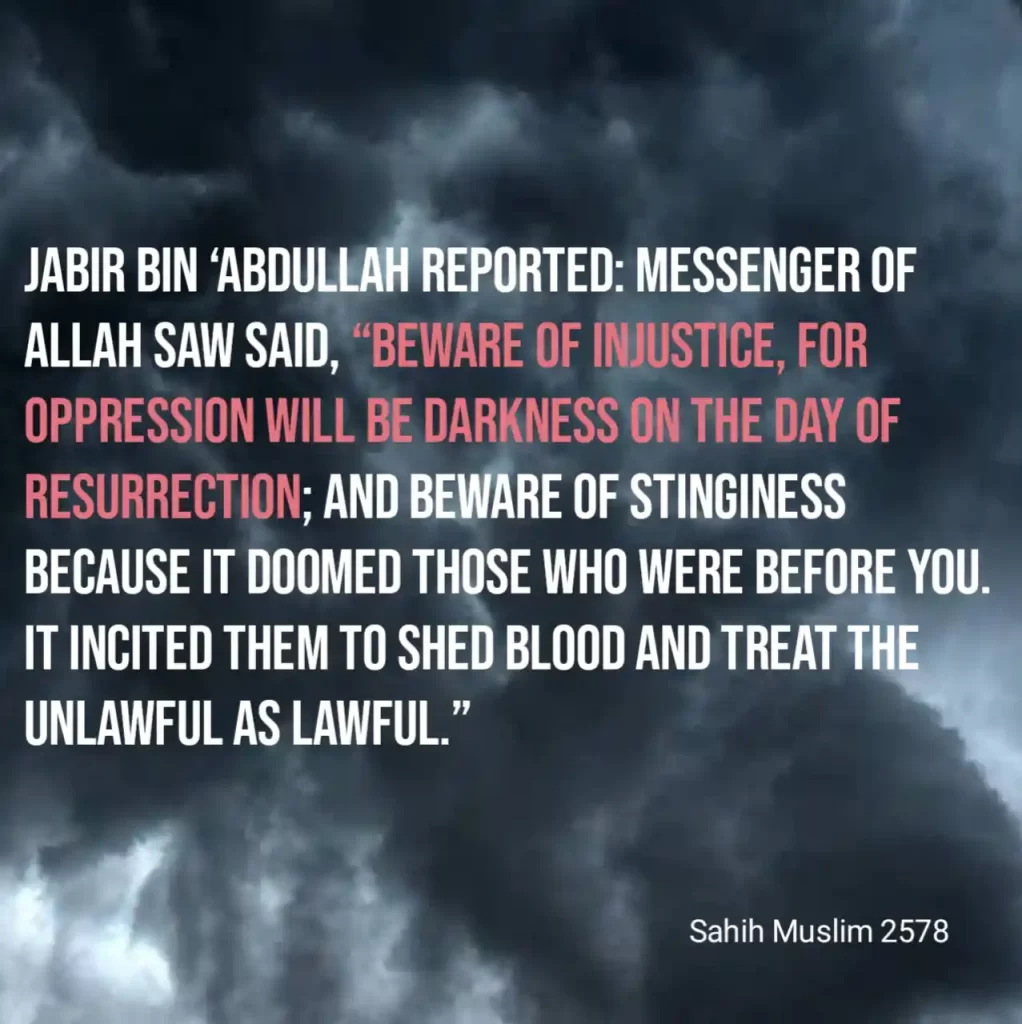
3. Hadith
Narrated Anas: Allah’s Messenger (ﷺ) said, “Help your brother whether he is an oppressor or an oppressed,” A man said, “O Allah’s Messenger (ﷺ)! I will help him if he is oppressed, but if he is an oppressor, how shall I help him?” The Prophet (ﷺ) said, “By preventing him from oppressing (others), for that is how to help him.”
Source: Sahih al-Bukhari 6952
Oppression Hadith In Arabic Text
عَنْ جَابِرِ بْنِ عَبْدِ اللَّهِ، أَنَّ رَسُولَ اللَّهِ صلى الله عليه وسلم قَالَ” اتَّقُوا الظُّلْمَ فَإِنَّ الظُّلْمَ ظُلُمَاتٌ يَوْمَ الْقِيَامَةِ وَاتَّقُوا الشُّحَّ فَإِنَّ الشُّحَّ أَهْلَكَ مَنْ كَانَ قَبْلَكُمْ حَمَلَهُمْ عَلَى أَنْ سَفَكُوا دِمَاءَهُمْ وَاسْتَحَلُّوا مَحَارِمَهُمْ ”.
Sahih Muslim 2578
Advertisements
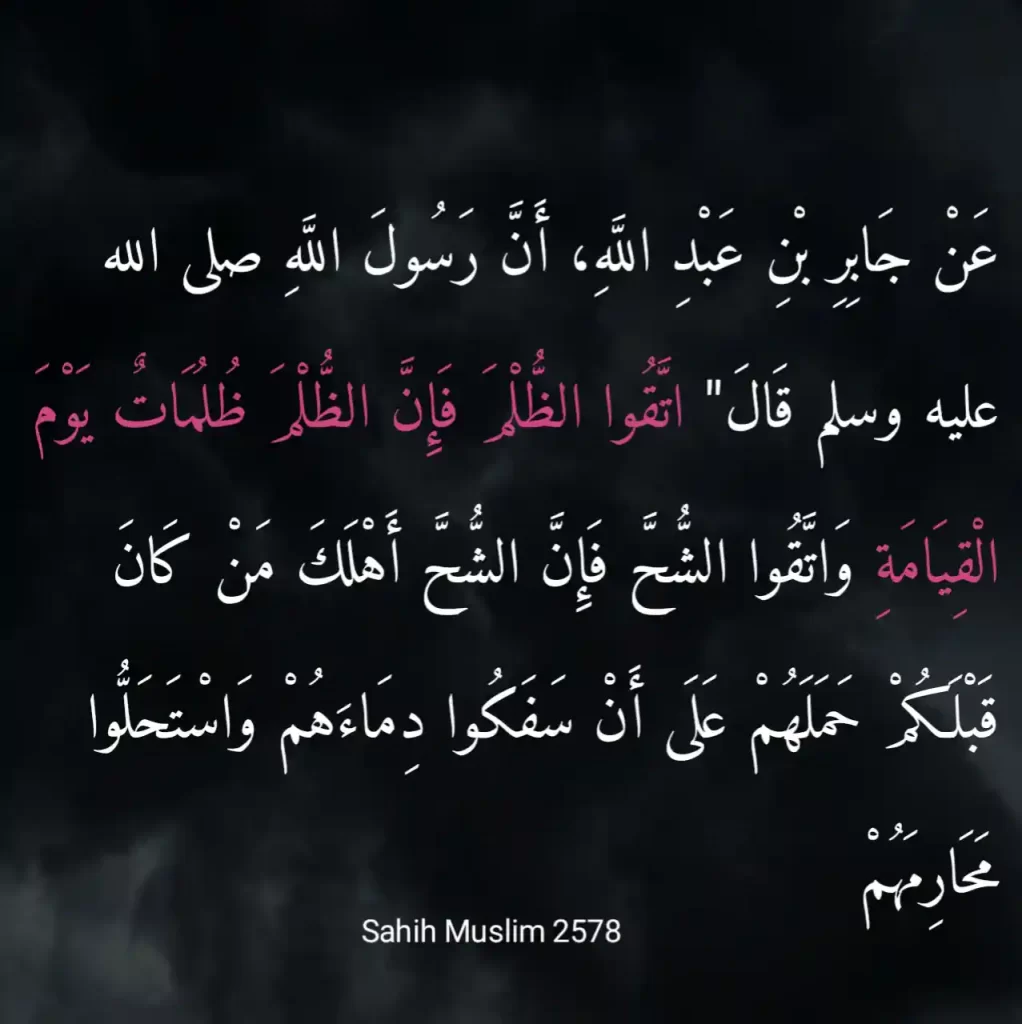
عَنْ أَنَسٍ ـ رضى الله عنه ـ قَالَ قَالَ رَسُولُ اللَّهِ صلى الله عليه وسلم ” انْصُرْ أَخَاكَ ظَالِمًا أَوْ مَظْلُومًا ”. فَقَالَ رَجُلٌ يَا رَسُولَ اللَّهِ أَنْصُرُهُ إِذَا كَانَ مَظْلُومًا، أَفَرَأَيْتَ إِذَا كَانَ ظَالِمًا كَيْفَ أَنْصُرُهُ قَالَ ” تَحْجُزُهُ أَوْ تَمْنَعُهُ مِنَ الظُّلْمِ، فَإِنَّ ذَلِكَ نَصْرُهُ ”.
Sahih al-Bukhari 6952
Read also Hadith About Laughing Too Much In English And Arabic.
Advertisements
Commentary
Oppression or injustice is of two kinds: injustice related to Allah’s rights, the Mighty and Sublime, and injustice concerning the rights of the servants.
The worst form of wrongdoing is that connected to Allah’s rights and joining partners with Him.
The Prophet SAW was asked, “Which sin is most serious?” He replied, “That you associate partner with Allah while He created you.”
Next to it is wrongdoing regarding the other Major sins and then wrongdoing in the minor sins. Concerning the rights of Allah’s slaves, the wrong (here) has to do with three things.
The Prophet SAW explained them in his sermon during the Farewell Pilgrimage. He said, “Your bloods, properties, and dignities are sacred as the sacredness of this day during this month of yours and in this land of yours.”
Injustice regarding life is that about blood. That is, violating the rights of others through shedding their blood or causing injuries to them and similar other matters.
Injustice with respect to property is for an individual to transgress and usurp property from its owners, whether by refusing to discharge an obligation or by committing the unlawful, or by preventing the discharge of obligation, or by carrying out prohibited activities on others’ property.
As for injustice pertaining to honour, this involves aggressing against others through adultery, sodomy, slandering and sorts of that. All forms of injustice are unlawful! A wrongdoer will never find anyone to help him before Allah.
That is, on the Day of Resurrection, the unjust will not find even an intimate friend to save him from Allah’s punishment neither will he find an intercessor to whose intercession will be granted to intercede for him.
The unjust will not find a supporter to help him on the Day of Resurrection. Allah the Exalted says:
“And for the Zalimun (oppressor) there are no helpers.”
Surah Al Baqarah: 270
That is, they will not find helpers to help them and bail them from Allah’s torment on that Day.
Thereafter, the Hadeeth of Jaabir bin Abdullah, may Allah be pleased with both, that the Prophet SAW said, “Beware of injustice”: Ittaqoo (as in the Arabic text, meaning: beware of); that is to say, avoid (it).
Dhulm (injustice) as earlier explained, is either regarding Allah’s rights or those of the servants.
His saying: “Beware of injustice” means, do not oppress anybody; neither yourselves nor others, “oppression will be darkness on the Day of Resurrection.”
On the Day of Resurection, there will be no light except whomever Allah -the Exalted – gives light, but whoever Allah does not give light will never find any. If the individual is a Muslim, he will have light according to the level of his Islam.
But, if he an unjust person, he losses from this light according to the degree of his injustice based on his saying: “Beware injustice; oppression will be darkness on the Day of Resurrection.”
From the aspects of injustice: the rich holding up debt settlement; i.e., refusing to pay his debt while having the means to do so.
He SAW said, “The rich delaying debt is injustice.” Many delay rendering back peoples rights; the owner of the right will come and say, “O so- and-so, give me my right” and the man says,
“Tomorrow (I shall pay it)”, and when it is the other day he will say: “After tomorrow” and so on. This injustice shall be darkness on the Day of Resurrection for such persons.
Adopted from Riyadus Saliheen commentary by Uthaimeen.
Advertisements

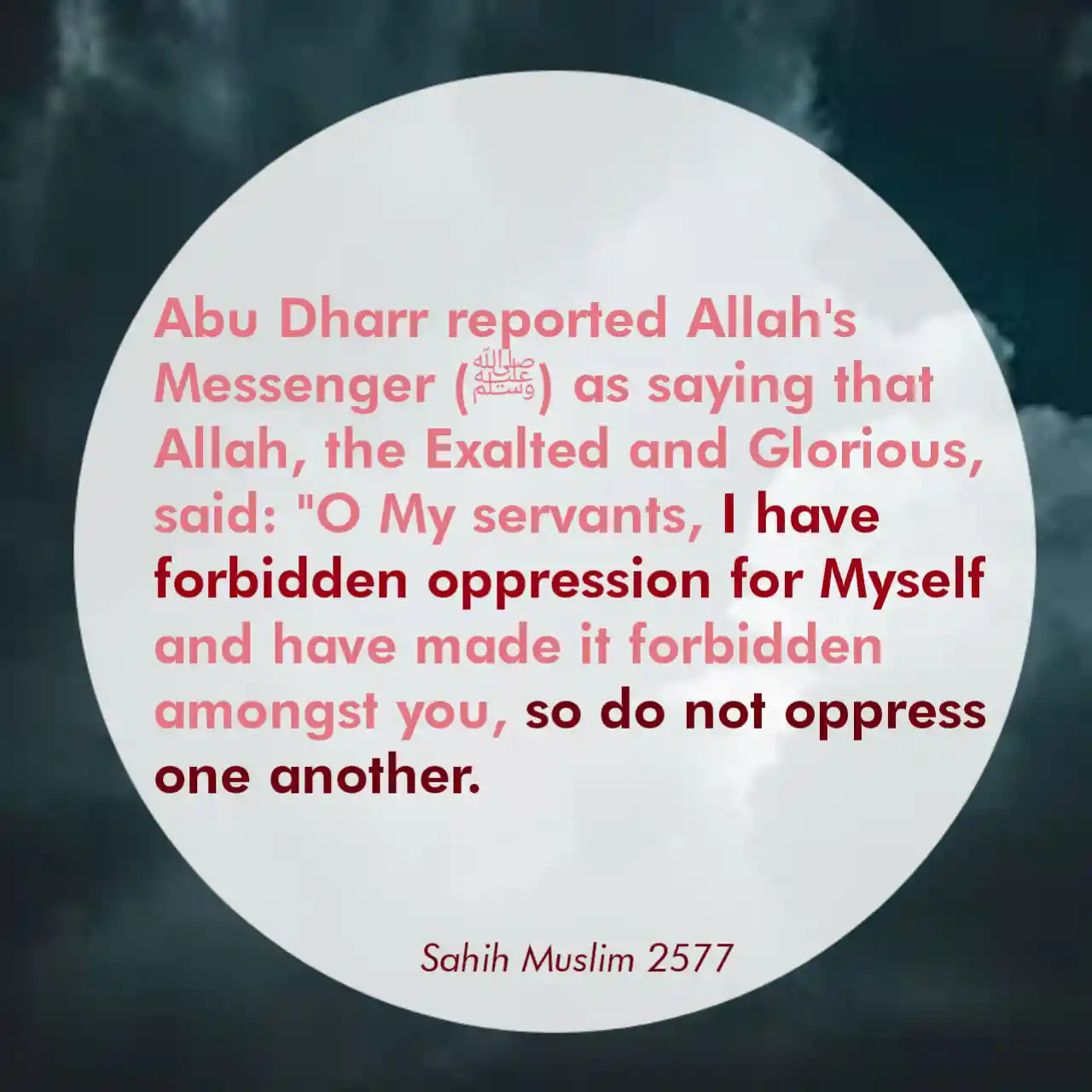
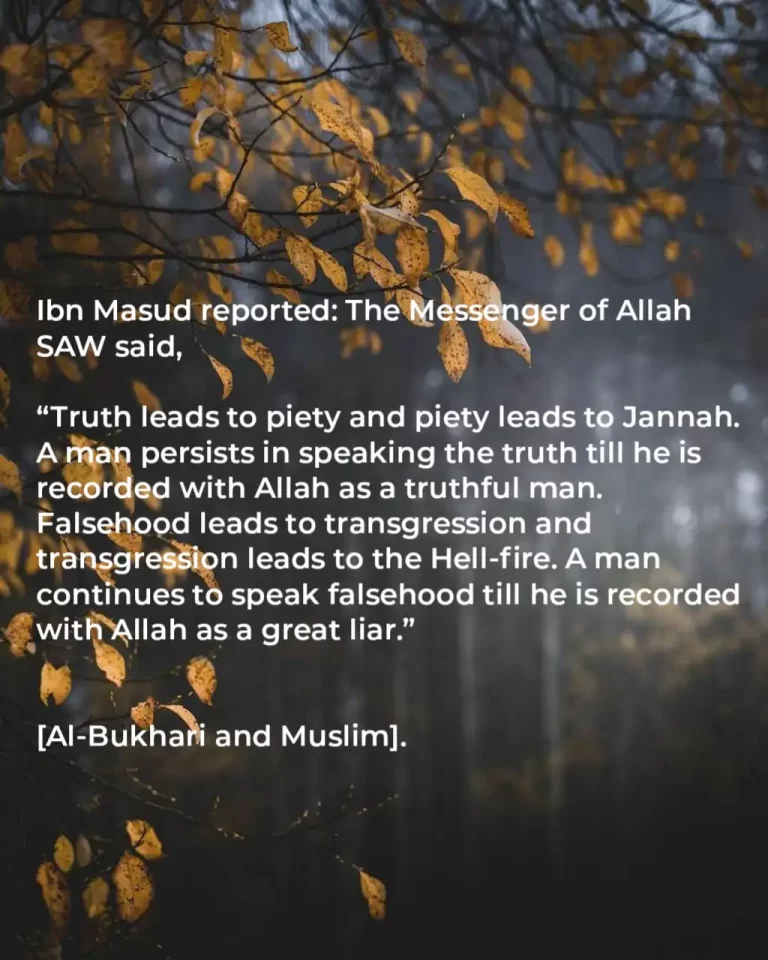
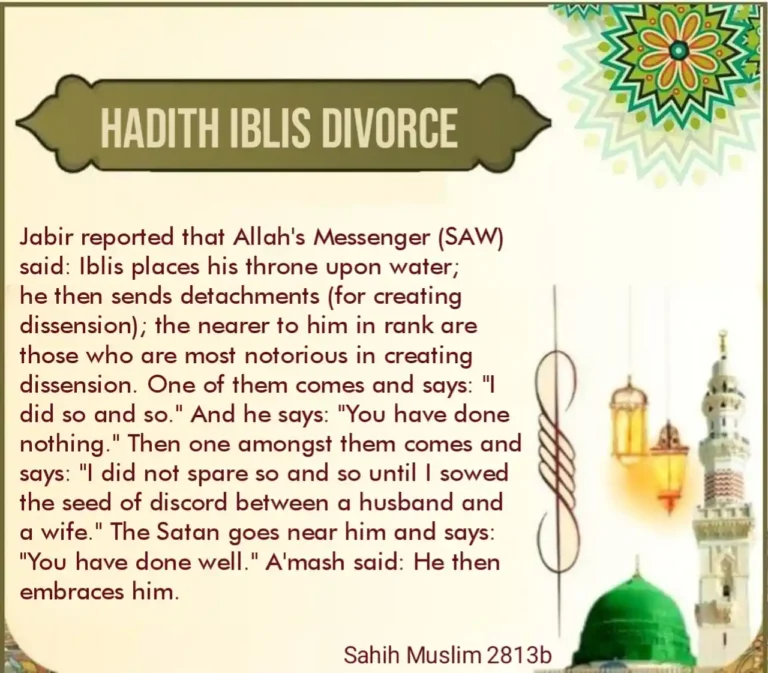
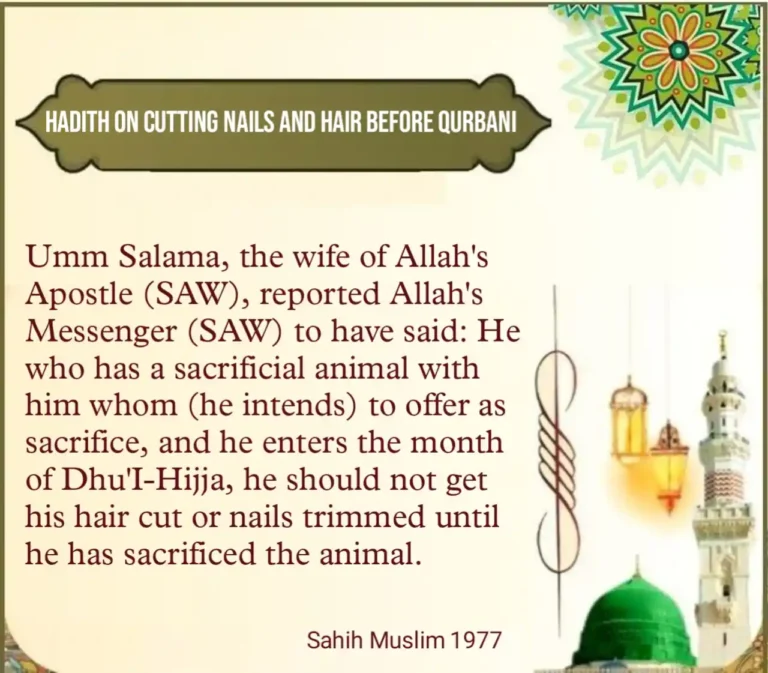

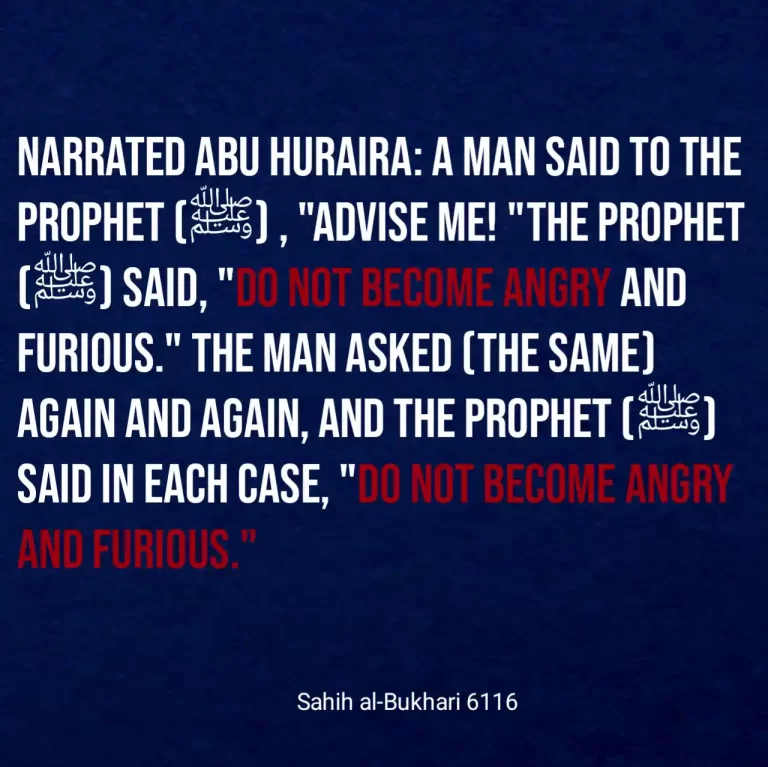
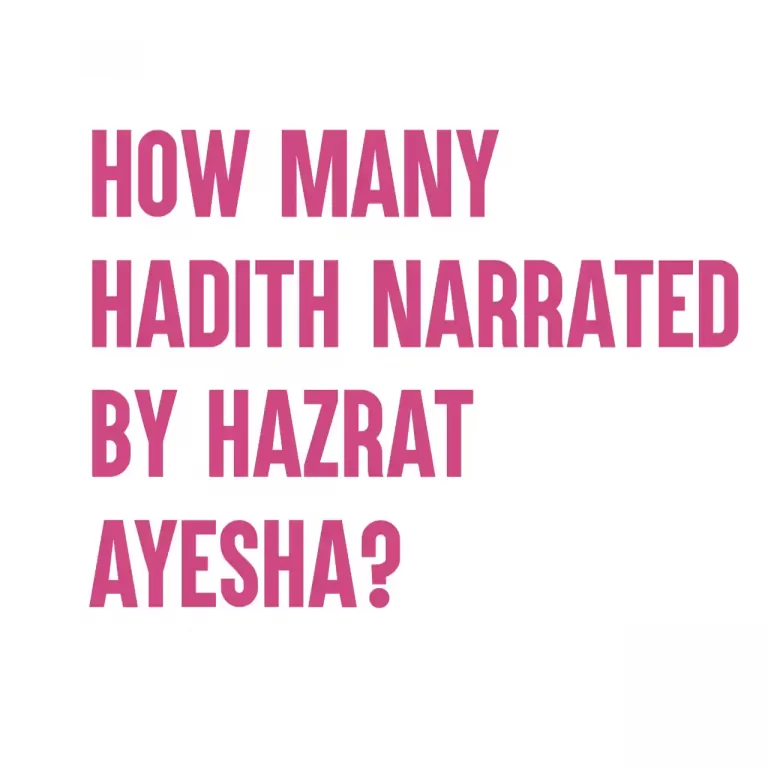
One Comment